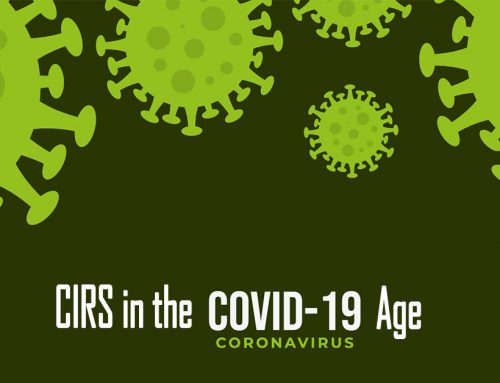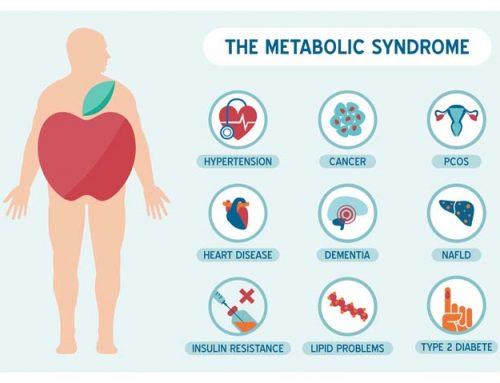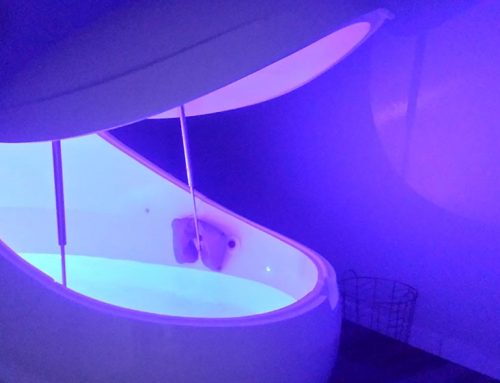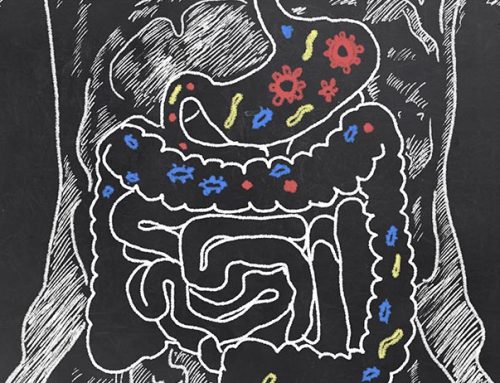By Dr. Edward Osborne
pH is a scale used to specify how acidic or basic (alkaline) a water-based solution is. At room temperature (25 degrees Celsius or 77 degrees Fahrenheit) pure water is neither acidic nor basic and has a pH of 7.0 Most of us should be aware that pH is relevant in pools, in fish tanks and in soil for gardeners. Why given the significance of pH in these settings are doctors not discussing this very significant issue in us, humans.
Increased acidity (in our tissues) drives inflammation, which is relevant in all those medical conditions that end in the suffix –itis. Increased acidity effects every enzyme within the human body, which are in turn responsible for making our hormones. Increased acidity causes immune dysfunction; it provides the right environment for viruses, bacteria, fungus and cancer to thrive.
There are various things that make us more acidic;
- Stress (psychological, emotional and physical),
- Excess exercise (lactic acid),
- Excess sugar,
- Every food we eat impacts upon our pH (especially red meat, processed foods and alcohol), and
- Temperature impacts upon pH (as suggested in the definition).
Some of the antidotes for increased acidity may be obvious from the list of causes;
- De-stressing,
- Exercise within your individual limitations,
- Sugar in moderation,
- Balancing your intake of alkalising/acidifying foods (actually it is an 80/20 rule),
- Keeping your temperature close to 25 degrees Celsius.
Some other more practical alkalizing strategies include;
- Lemon juice (First thing in the morning, diluted and warmed. Need to rinse mouth out afterwards),
- Apple cidar vinegar,
- Greens
- Magnesium
- Alkaline water (not near meals – will dilute stomach acid)
- Bicarbonate (not within 2 hours of ingesting anything else- neutralizes stomach acid).

pH like a number of aspects of life is a balancing act and the first thing we need to do is measuring our pH. Urine and saliva are the most convenient places to measure. What pH do we need to aim for, our arterial blood needs to be 7.4 (7.35 to 7.45), saliva 7.0-7.5 and urine 6.8-7.2. The closer to 7.4 we are the better our health will be; less inflammation, enzymes and hormones working optimally and our immune system working well.
pH is not generally being discussed with patients, it seems to be in the too hard basket. I believe this very significant topic is one of the foundations to Health and Wellbeing.
This system of theory relates to the extracellular fluid, and not the pH of the blood.








Leave A Comment